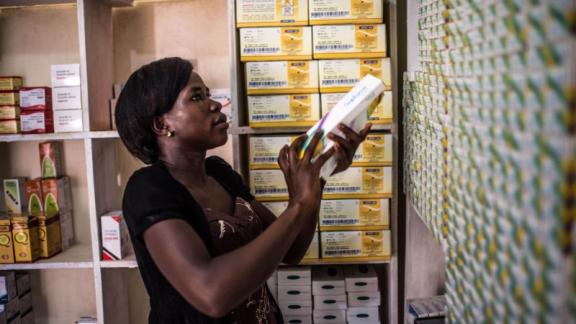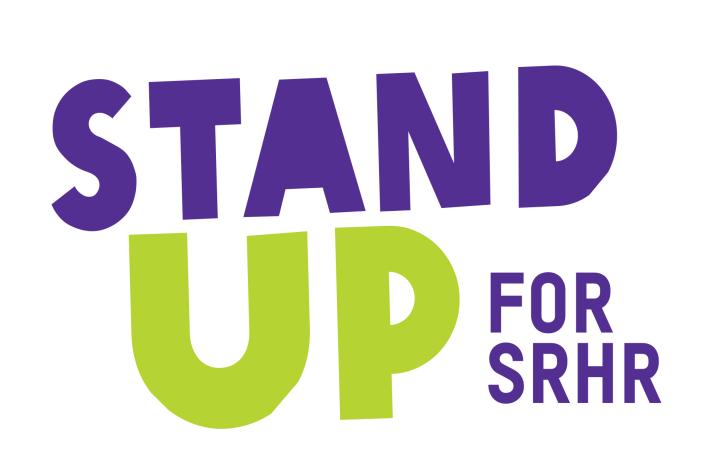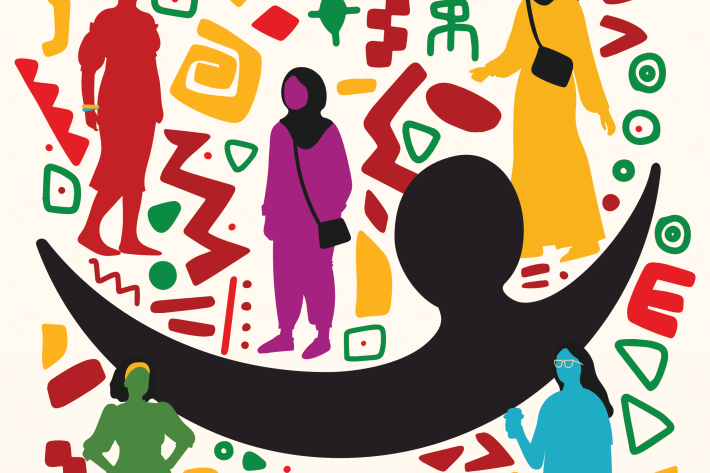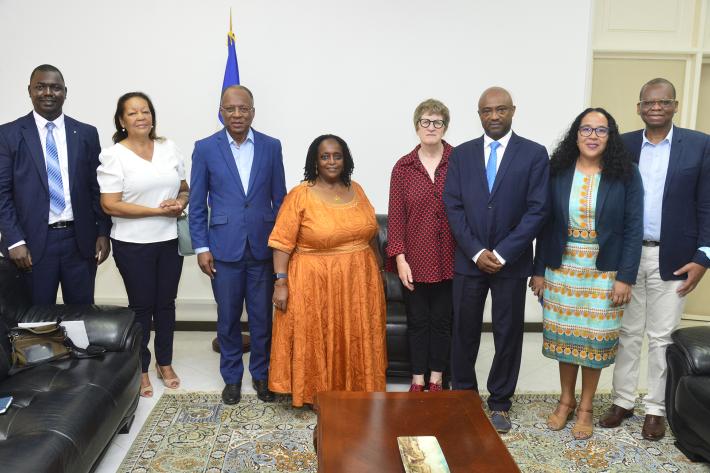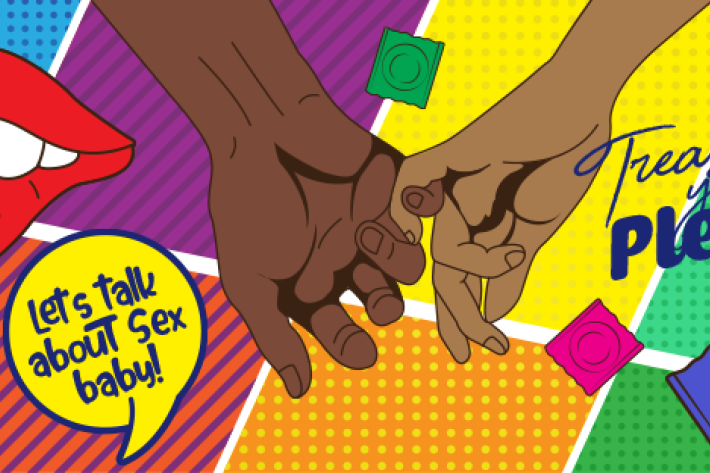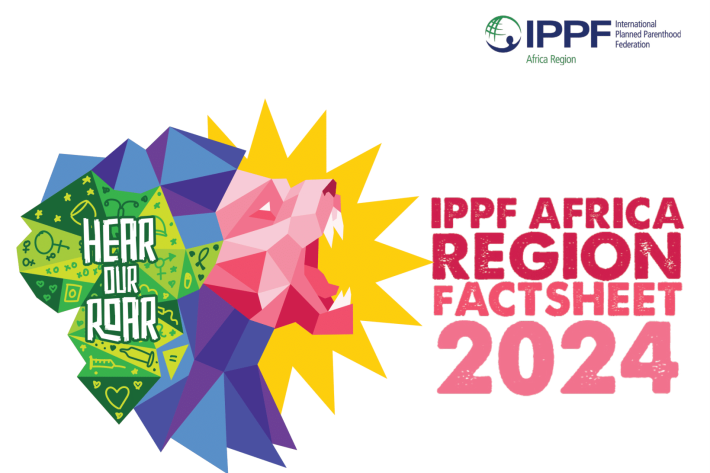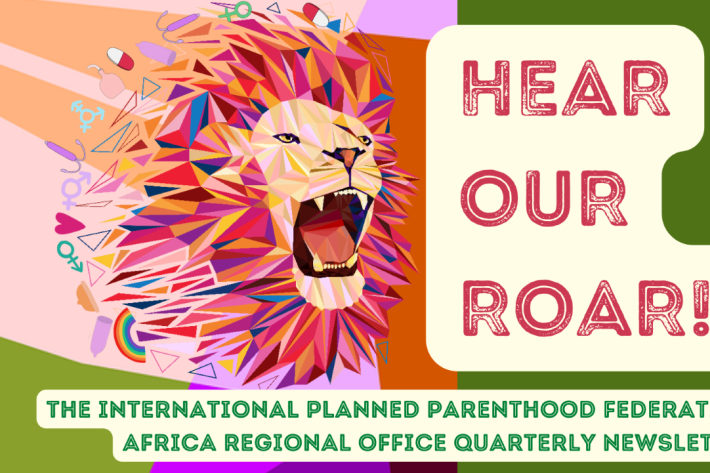Spotlight
A selection of resources from across the Federation
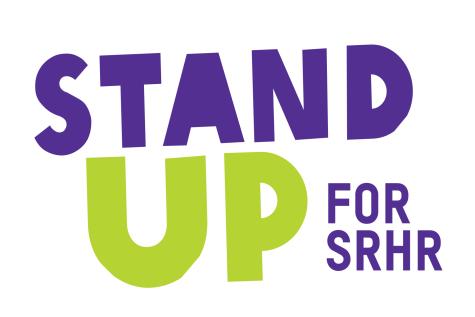
Mozambique, Uganda
Stand Up Factsheet 2025
Healthcare, Rights & Choice: The Stand Up Initiative in Action Imagine a world where every young woman and girl has the power to make informed choices about their sexual and reproductive health. That’s the vision of Stand Up for Sexual and Reproductive Health and Rights (Stand Up)—a groundbreaking 6.5-year initiative driving change in Uganda and Mozambique. Our Impact So Far: 6 service provision clusters established
Filter our resources by:


| 07 May 2020
Africa: Guidelines for Protecting the Rights of Women and Girls during the COVID-19 Pandemic
The COVID-19 pandemic — like all crises — will have a distinct impact on women and girls that is both immediate and that poses the risk of exacerbating pre-existing gender and other intersecting inequalities. Women and girls, particularly those who are already experiencing the greatest marginalization, will be disproportionately affected and, unless their rights are protected and their needs are met, will be further deprived of justice. The COVID-19 crisis does not relieve States of their obligations to address the gender-based violence faced by thousands of women and girls in the region; on the contrary, it requires more rigorous measures to minimize the negative impacts this new health crisis may have on them. This guide provides a roadmap for national and local government authorities and agencies, as well as sub-regional and regional organisations, to better understand the obligations they must fulfill as regards women and girls’ rights during the pandemic. The guide is the result of a collaboration between IPPF Africa Region, Women’s Link Worldwide, and Amnesty International, and is available in English and French. Download the guidelines (attached) in English and French.

| 21 April 2020
It's a RED CARD! Using Sport to Tackle Violence against Women and Girls
On 6 March 2020, the IPPF Africa Regional Director, Mrs. Marie-Evelyne Petrus-Barry attended the global launch of the Equal Light Red Card Campaign at the UN headquarters in New York. This is the speech given by Mrs. Petrus-Barry during the launch. The Red Card campaign is aimed at mobilizing the world to ensure that the voices of women and girls are heard across sectors, to elevate and strengthen them against others who seek to undermine their dignity, and to put an end to gender based violence and discrimination in every form. During the launch, IPPF Africa Region signed an MoU with African Renaissance and Diaspora Network (ARDN), as a new platform for the member associations and collaborative partners of the Africa region to operationalize gender normative frameworks and guidance as well as to shape and provide a comprehensive response for gender equality. Read more: Give A Red Card to All Forms of Discrimination and Violence Against Women and Girls! The "Red Card" campaign utilizes the unifying power of sport to provide an opportunity to governments, academia, civil society, the private sector, the general public, and other stakeholders to demonstrate to the world, and to their respective constituencies, their commitment and efforts towards achieving equality and equity for all, and to encourage their constituencies to become part of an international team dedicated to scoring Sustainable Development Goals.

| 13 July 2018
Newly Launched! State of African Women Report: Key Findings
This year marks the 15th anniversary of the Maputo Protocol and the upcoming 25-year review of the International Conference on Population and Development (ICPD+25 Review), as well as the first five-year review of the Addis Ababa Declaration on Population and Development (AADPD+5). These milestones offer an excellent opportunity to take stock of gaps and contestations around the realisation of women and girls’ rights, and to identify the areas where progress for Sexual Reproductive Health and Rights (SRHR) needs to be accelerated. It is against this background that we are pleased to announce the launch of the key findings of the State of African Women Report, which highlights the implementation progress of the AU’s Maputo Protocol on the rights of women in Africa, and the Maputo Plan of Action (MPoA) -which is the implementation framework for the Continental Policy Framework on SRHR. The State of African Women Report particularly focuses on four areas: Gender-based Violence against women Harmful practices HIV and AIDS Reproductive Rights The main objectives of the report are to: Raise awareness about continental commitments (Maputo Protocol and Maputo Plan of Action) Review status of implementation (with a focus on SRHR) Strengthen focus on how women’s and girls’ rights are realized Inform and strengthen effective advocacy efforts and strategies of Civil Society Organizations (CSOs) and opinion formers The State of African Women Report report seeks to complement existing reports and reviews by: Focusing on sexual and reproductive health and rights Looking at role of and trends in Regional Economic Communities (RECs) Emphasizing the role of civil society organizations and actors Promoting a gender and rights perspective with regards to ratification, domestication (including legal and policy reform), implementation (institutional reform), civil society initiatives and social norm change The key audiences of the report include: Parliamentarians, African First Ladies of States and Governments, journalists, religious leaders, youth leaders, CSOs, AU and RECs representatives, high level political decision-makers, technocrats / thematic experts, national (and subnational) government decision-makers and donors.

| 05 October 2016
A Bright Future: Lanterns for Women's Empowerment
Women’s empowerment is key to ensuring their health and well-being. A partnership between public, private and civil society found a unique way to address health and gender inequalities in one of the most disadvantageous communities in the Northern regions of Ghana. This pilot project introduced solar lanterns, health and economic interventions to 20 villages. The project was effective because it brought together Japan’s ODA, private sector technology and IPPF’s community-based activities to challenge structural barriers and harmful gender norms. In doing so, we have done more than bring ‘light’ where there was once ‘darkness’. This intervention has transformed the lives of women, their families and their community.








